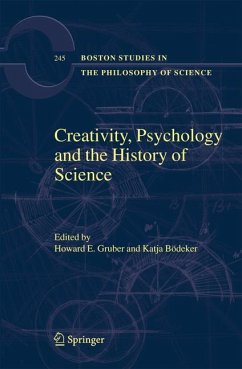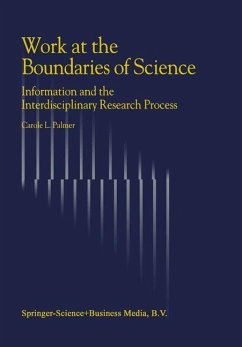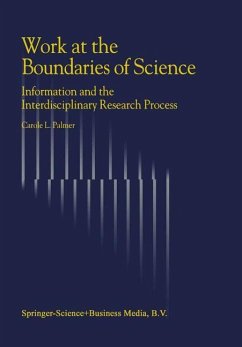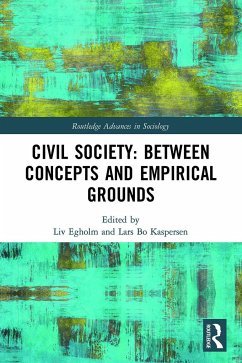
Processes and Boundaries of the Mind
Extending the Limit Line

PAYBACK Punkte
19 °P sammeln!
How is it that the world is conceived as exclusively populated by objects (e.g. books, cars, numbers, and people) while cognition is first and foremost a dynamic process? Inquiring into the `reified universe' Dr. Neuman explores questions of mind, reality, knowledge and signification in a provocative, stimulating and humorous way. Drawing on various domains such as systems research, semiotics, philosophy, and complexity sciences, Dr. Neuman is touching basic questions of our Being-in-the-World as cognate creatures, and presents a novel theory of the mind as a boundary phenomenon. Following the...
How is it that the world is conceived as exclusively populated by objects (e.g. books, cars, numbers, and people) while cognition is first and foremost a dynamic process? Inquiring into the `reified universe' Dr. Neuman explores questions of mind, reality, knowledge and signification in a provocative, stimulating and humorous way. Drawing on various domains such as systems research, semiotics, philosophy, and complexity sciences, Dr. Neuman is touching basic questions of our Being-in-the-World as cognate creatures, and presents a novel theory of the mind as a boundary phenomenon. Following the footsteps of Gregory Bateson and Valentine Volosinov, the book propagates a process-oriented theory of the mind, in a way that has never been presented before. In this context, new and creative solutions are presented for a variety of old philosophical problems such as: What is the Mind? Why do we use different signs for the same object across different cultures? and how is it possible to think on our thinking without getting into problems such as an infinite regression.












